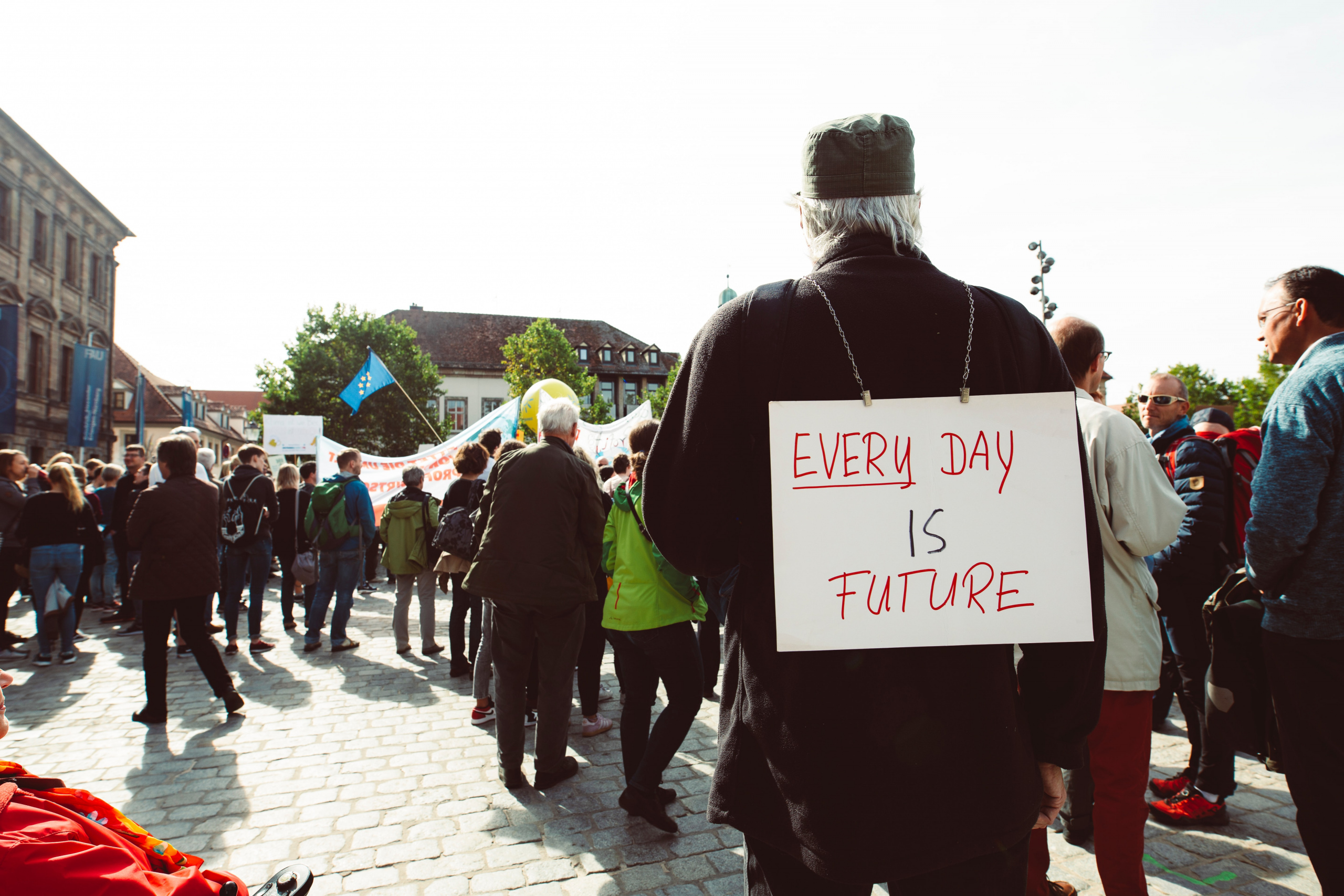The transformation required to achieve the global agendas on sustainable urbanization, climate change, and sustainable development can only occur if development models respond to the actual needs and expectations of local communities. Often, there is a significant gap between global policies and the needs and experiences of municipal governments. Therefore, local democracy plays a key role in creating collective responsibility for global goals. UCLG’s Global Observatory on Local Democracy and Decentralization (GOLD) works to establish a framework for monitoring and reporting on the progress made towards the implementation of the global agendas.
On Friday 14 October, local democracy was the main topic at the #Local4Action Track at UCLG’s World Congress in Daejeon. UCLG and KNOW launched the sixth edition of the GOLD Report (GOLD VI), entitled “Pathways to Urban and Territorial Equality: Addressing inequalities through local transformation strategies.” The aim of this report is to understand the state of urban and territorial inequalities worldwide and to call for a change in local and regional governments’ place in tackling this global challenge. It presents evidence of and solutions to the multiple manifestations of inequalities and their territorial dimensions, while recommending practical and collective action for local and regional governments. Six different pathways to equality help to build strong local alliances between governments, civil society, and other relevant stakeholders.
The International Observatory on Participatory Democracy hosted a session on innovative practices of participatory democracy. According to the organizers, active participation of the population in deliberation and decision-making processes is key to guaranteeing rights and co-creating solutions. A session by the Barcelona Provincial Government showcased how effective and fair multilevel governance can reinforce local democracy to deal with regional and local inequalities. Participants agreed that no sphere of government has the ability to tackle complex crises and achieve the 2030 Agenda and its SDGs on its own.
Cités Unies France (CUF) hosted two events on local democracy, asking how to provide more social inclusion and leave no one behind. This has become a priority during the COVID-19 crisis, where decentralized cooperation, community network meetings, and expressions of solidarity were key to integrating vulnerable groups. Local and regional authorities have demonstrated international solidarity during the pandemic and other major crises, and have coordinated resilient initiatives responding to emergencies and paving the way to recovery. Throughout the sessions, CUF demonstrated how city-to-city partnerships can be an efficient solidarity system.
Local government action on achieving the 2030 Agenda and SDG 11 requires tools and financing to be successful. The UN SDG Action Campaign presented an overview of tools for local governments, while the Special Envoy to the New Urban Agenda called for more recognition of the role of local and regional governments in working towards meeting the goal and targets of SDG 11. Intermediary cities, which connect urban and rural areas, particularly play a key role for the future of the global agendas.
The Global Fund for Cities Development (FMDV) and UCLG World Secretariat hosted a session on financing sustainable urbanization. Most local and regional governments, especially intermediary cities in the Global South, are facing large financial gaps when it comes to delivering basic services to their communities. UCLG’s strategy on “localizing finances for sustainable urbanization and territorial development” provides an overview of the missing links and shows how to scale up support to achieve more and better financing for local and regional governments. The World Observatory on Subnational Government Finance and Investment also presented compelling research results from its third edition report on subnational government finance, to be published on 24 October 2022.

